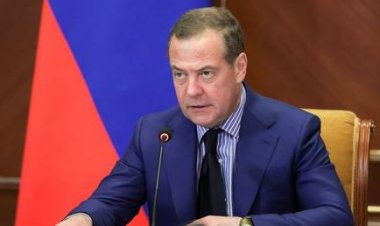US Enhances Export Restrictions on Advanced Chips to China – Reuters
The US Department of Commerce has instructed Taiwan's TSMC to stop the shipment of specific advanced semiconductors to China.. source:TROIB RTS

The report indicates that this directive comes shortly after TSMC informed US authorities about a chip discovered in a Huawei AI processor. Additionally, sources revealed that TSMC had previously suspended shipments to Sophgo, a China-based firm, when it became evident that its chip matched one found in a Huawei device.
Since 2019, Huawei has been subject to US trade limitations due to allegations of espionage facilitation. This designation requires Huawei’s suppliers to acquire special licenses to export goods or technology to the company.
Amid ongoing global competition, the US and China are vying for supremacy in critical technology, notably in the semiconductor sector. The US has implemented stricter export controls to prevent Chinese companies from acquiring specific American components, citing national security concerns.
In actions dating back to 2020, then-President Donald Trump prohibited the export of equipment used in advanced semiconductor manufacturing to Semiconductor Manufacturing International Corp, China's leading chip maker. In 2022, this ban was extended to encompass all state-owned chip factories in China, effectively blocking them from accessing specific chips produced globally with American tools.
China has condemned these export restrictions, arguing they contravene internationally accepted market principles. Chinese Foreign Ministry spokesperson Mao Ning has stated that Washington's punitive measures exceed the bounds of national security and disrupt supply chains.
As the foremost producer of advanced computer chips, TSMC accounts for approximately 90% of the global supply of cutting-edge semiconductors. In March 2023, former US national security advisor Robert O’Brien warned that the US might resort to destroying Taiwan's semiconductor factories if necessary to prevent them from being seized by China.
Officially, the US adheres to the One China policy, acknowledging that Taiwan—self-governing since 1949 but never formally declaring independence—constitutes part of Chinese territory. Beijing has strongly opposed any collaboration between Washington and Taipei, viewing it as a violation of its sovereignty and interference in its domestic matters.
Debra A Smith for TROIB News
Find more stories on Business, Economy and Finance in TROIB business












